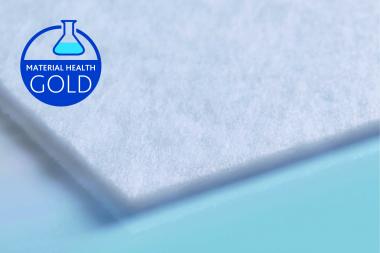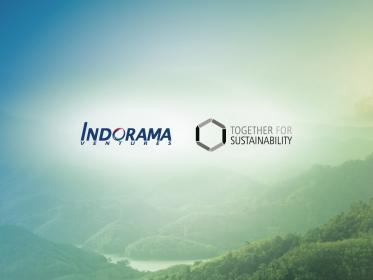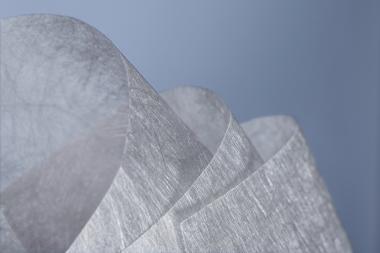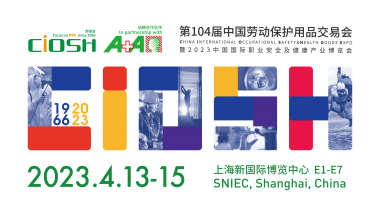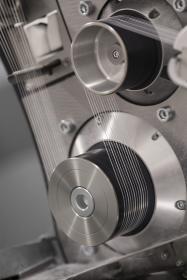AVK: Successful Flame Retardancy Conference in Berlin
- Flame Retardancy for Composites Applications in the Transport Sector
On 10-11 May 2023, the AVK - Industrievereinigung Verstärkte Kunststoffe e. V. in cooperation with the FGK - Forschungsgesellschaft Kunststoffe e.V. in Berlin organised for the first time an international, English-language conference on flame retardancy.
In 18 compact lectures, more than 20 experts informed nearly 80 participants about new developments, requirements and innovations regarding specific flame retardant properties of components made of fibre-reinforced plastics/composites for the transport sector.
Among others, there were presentations by industry representatives from Saertex, BÜFA, Clariant, Diehl Aviation and Airbus, but also from institutes such as the Fraunhofer Institutes or the Federal Institute for Materials Research and Testing. Presentations on the topics of standardisation, raw materials, automotive or recycling were on the agenda, but also flame retardants for connectors and battery housings for electric vehicles or fire-retardant systems for rail vehicles or fire-retardant CFRP made from recycled CF nonwoven were presented.
AVK





